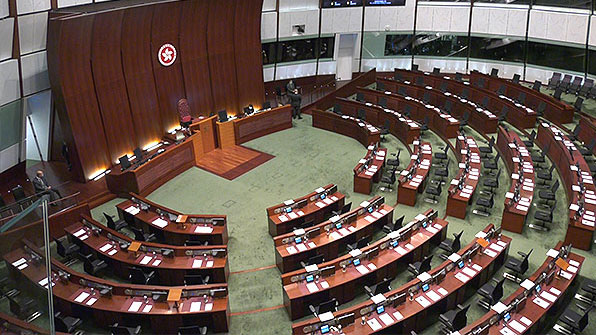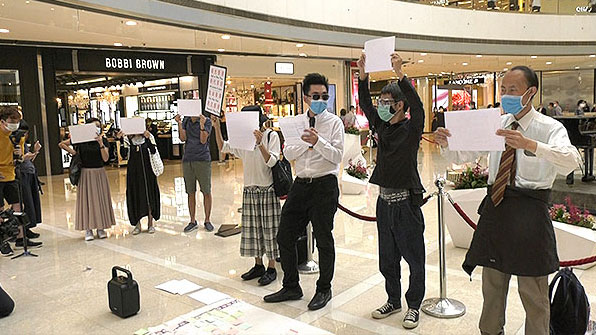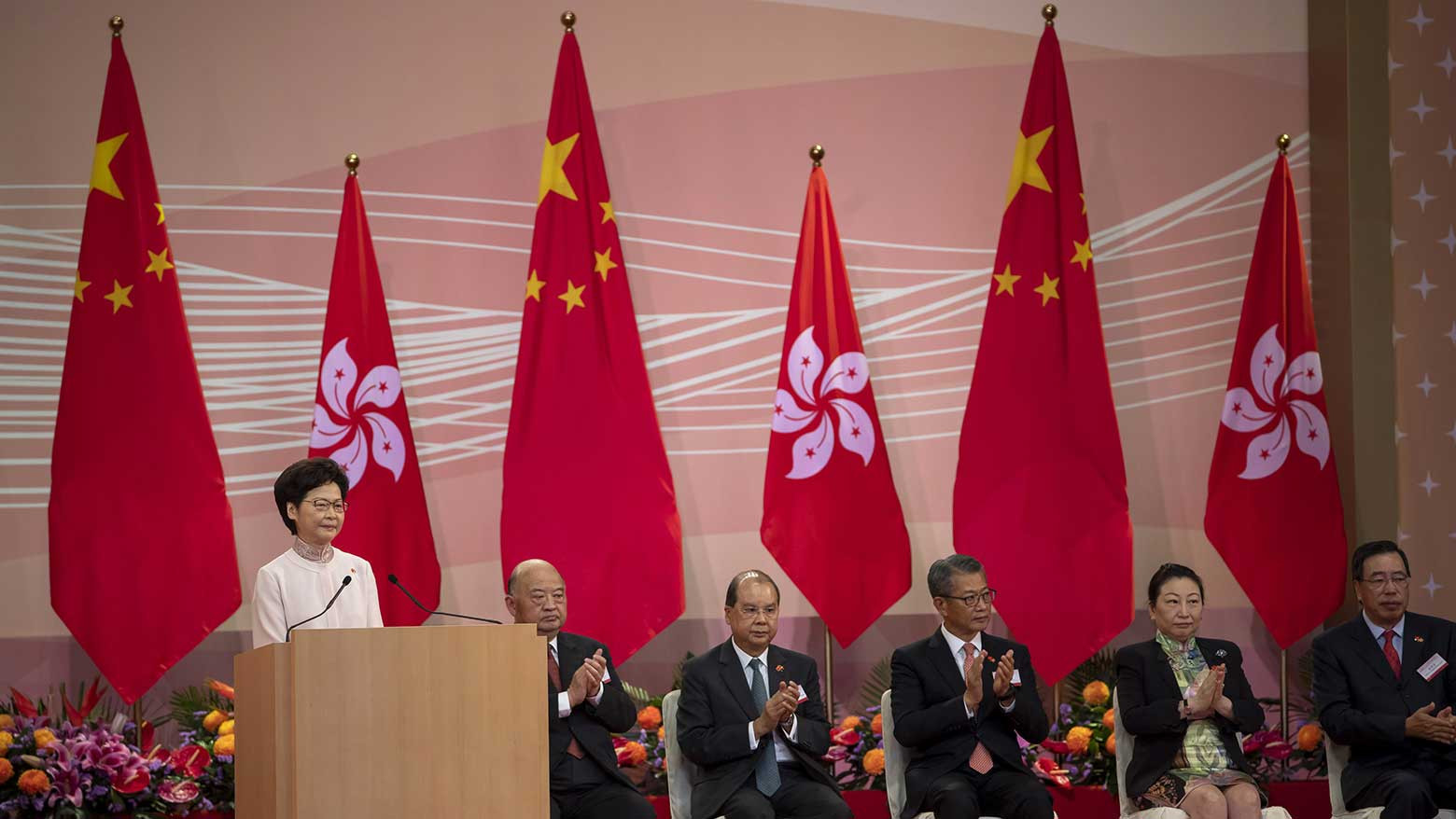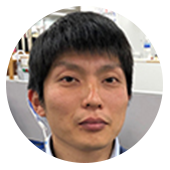Hong Kong Chief Executive Carrie Lam announced at the end of July that the elections scheduled for September 6 were being delayed to ensure people's safety. The territory recorded 2,000 new cases in July.
But the pro-democracy camp says the government is using the pandemic as an excuse to prevent citizens from heading to the polls at precisely the time when anger at the national security law is highest.
Elections for Hong Kong's Legislative Council—Hong Kong's equivalent of a congress—take place every four years. Lawmakers aligned with the pro-Beijing camp currently hold the majority of seats.

Many citizens saw this year's election as one of the few remaining ways to protest the security law. About 610,000 people took part in pro-democracy primaries in mid-July, more than three times greater than the expected turnout. And a poll conducted by the Hong Kong Public Opinion Research Institute released at the end of the same month found that 55% of citizens wanted the general election to be held as scheduled.

There has been speculation that the Chinese government pressured Hong Kong to postpone the election as a way to slow the pro-democracy camp's momentum. The fact that election authorities banned twelve pro-democracy candidates the day before the postponement was announced gives credence to this idea.
The Hong Kong government said the candidates were banned because of their pro-independence beliefs and comments critical of the national security law. Six candidates were also banned from the 2016 election, but experts agree that the current level of government pressure is unprecedented.
Professor Kurata Toru, an expert on Hong Kong politics at Tokyo's Rikkyo University, says the bans have huge implications for Hong Kong's floundering democracy. Four of the banned twelve are incumbent council members and Kurata says, with the election postponed, they may not be allowed to complete their terms. If they are removed, this would give pro-Beijing lawmakers the two-thirds control of the council needed to change the electoral system.
"For the pro-Beijing camp, now is the perfect time to push its agenda," Kurata says. "The Beijing supporters could feasibly change the electoral system to enable their own camp to stay in power."
The US has expressed concern at these developments, with Secretary of State Mike Pompeo saying in a statement, "The elections should be held in a manner that reflects the will and aspirations of the Hong Kong people. If they aren't, then regrettably Hong Kong will continue its march toward becoming just another Communist-run city in China."
A number of European countries have also been critical of the postponement. German Foreign Minister Heiko Maas released a statement saying, "The postponement of the election further infringes on the rights of Hong Kongers." The governments of Germany, the UK, France, Australia and New Zealand have decided to suspend their extradition agreements with Hong Kong.
Japan's Foreign Minister Motegi Toshimitsu said, "The Japanese government is deeply concerned about Hong Kong's decision to eliminate some candidates and postpone its election."
But the governments of China and Hong Kong have ignored this chorus of criticism.
On July 31, media in Hong Kong reported that police there had issued arrest warrants for six activists living in the UK or the US for violating the national security law. Kurata says the Chinese government understands that it will be criticized, but has been consistent in its focus on strengthening national security.
Benny Tai was one of the organizers of the pro-democracy primaries. He was fired in late July from his position as an Associate Professor at the University of Hong Kong, and has been accused by Beijing of conspiring to overthrow the government and violating the national security law. Fellow primary organizer and former council member Au Nok-hin told NHK that Hong Kong's political climate has been deteriorating, and he's worried about whether they can hold a fair election next year.
It's only been one month since the national security law was enacted in Hong Kong, but the effect on democracy is already clear.

